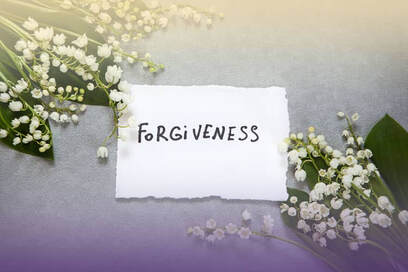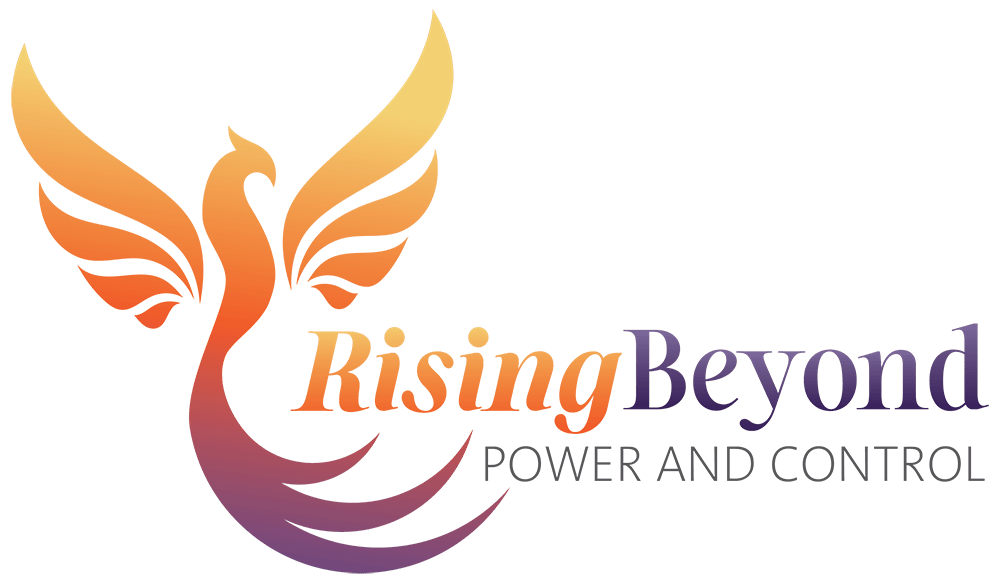|
By Sybil Cummin, MA, LPC, ACS

How often do you find yourself saying “Yes” to something you know you do not have the time or bandwidth to take on just to avoid conflict?
I think this is an extremely common occurrence, especially for women. But, if you are healing from domestic violence, narcissistic abuse, or an abusive family of origin, these patterns of saying “Yes” may be more than just trying to avoid hurting someone’s feelings…these patterns likely allowed you to survive. I’ve just wrapped up a conversation with my new friend Anita Sandoval on The Rising Beyond Podcast, and I feel like this episode can be used as a guide to move you from constantly fawning and people-pleasing to feeling more empowered to make decisions based on your needs and wants. Anita shared some personal experiences that were tough and led to her constantly foregoing her own needs in order to take care of an abusive partner and stay in the good graces of her family. She would likely say that challenging these patterns was not a walk in the park but was well worth it. So, pull up a chair, and let's unpack some of the lessons that can be learned from this conversation.
0 Comments
 "There are a lot of beliefs about the importance of forgiveness out there. I am not here to debate those beliefs or to say what is true or not true. What I would like to share is what I have seen to be important for survivors to truly heal from their experiences with abuse over the last decade, and that is the importance of self-forgiveness. The levels of shame are extremely high with most victims of relational trauma. Survivors of sexual abuse, child abuse, and domestic violence share this in common. Shame permeates these survivors to their core, and when these ideas have been yelled at you over and over by the person who is supposed to love you more than anyone, it can feel cemented and permanent. This feeling of permanency of shame is just that, a feeling...not truth. Shame can decrease and dissipate over time with intention. And how can one take control over the timeline of this process? By practicing self-forgiveness." In her article for bizcatalyst360.com, Sybil Cummin, MA, LPC, ACS discusses the inverse relationship between shame and self-forgiveness. As you offer yourself more compassion and self-forgiveness, your levels of shame decrease. Read the full article here. |
AuthorSybil Cummin, MA, LPC, ACS, is a Licensed Professional Counselor who specializes in working with victims and survivors of narcissistic abuse. Archives
July 2024
Categories
All
|
About |
Resources |
Member Content
|
The content on this website is meant for informational and educational purposes only and is not intended to substitute medical or mental health diagnosis or treatment. Rising Beyond Power and Control also differentiates between coaching services and counseling services. You can read our full Disclaimer here.

 RSS Feed
RSS Feed
